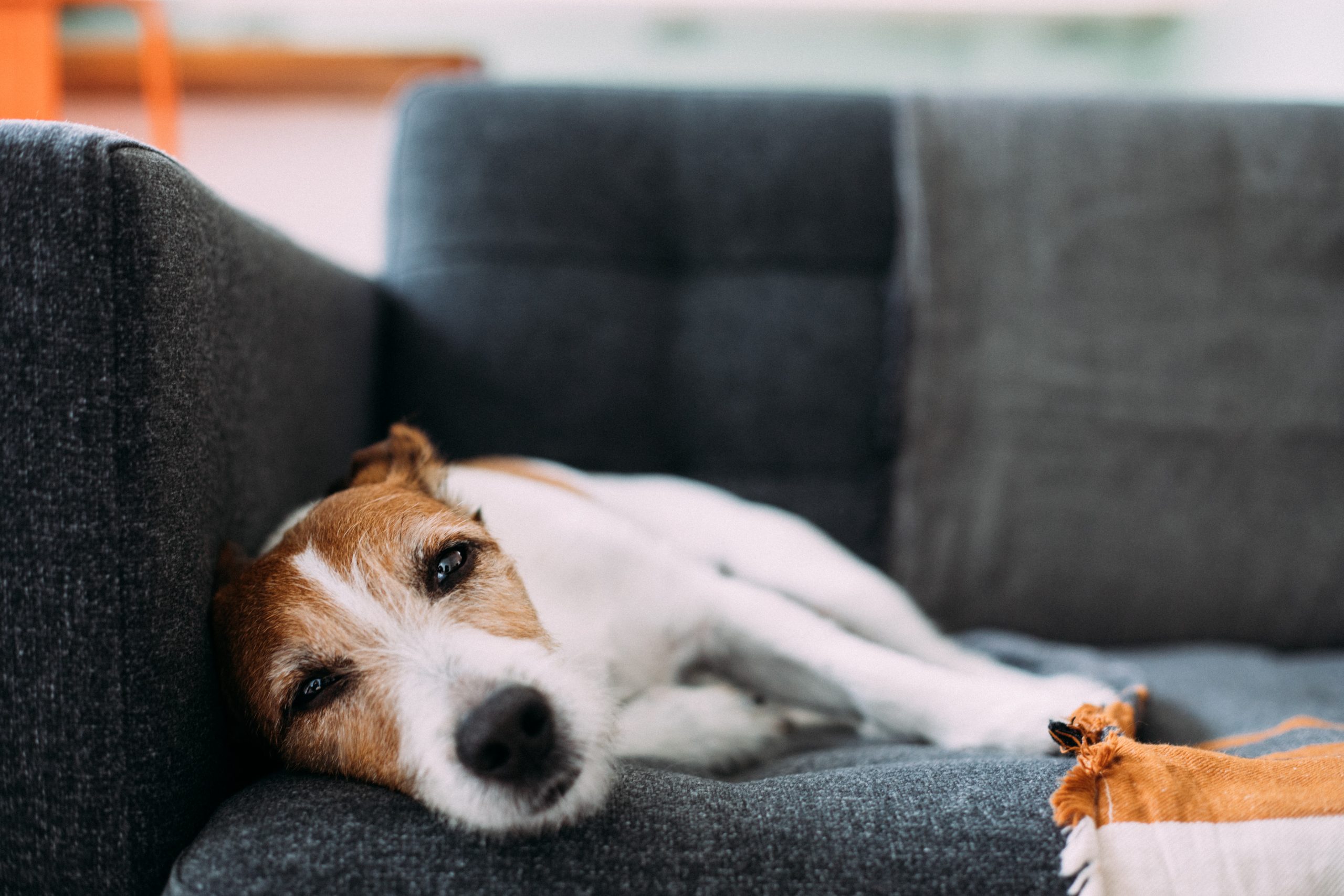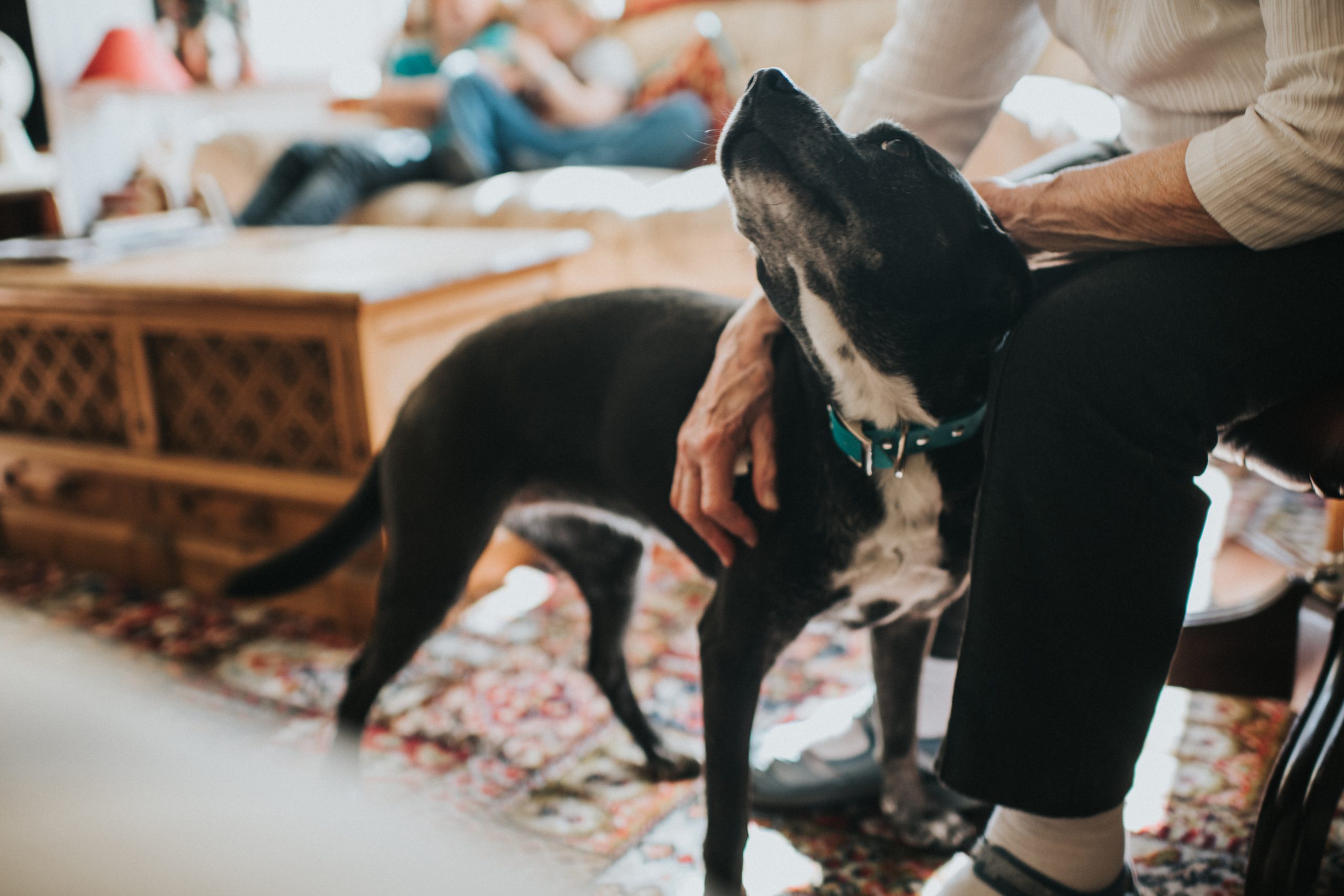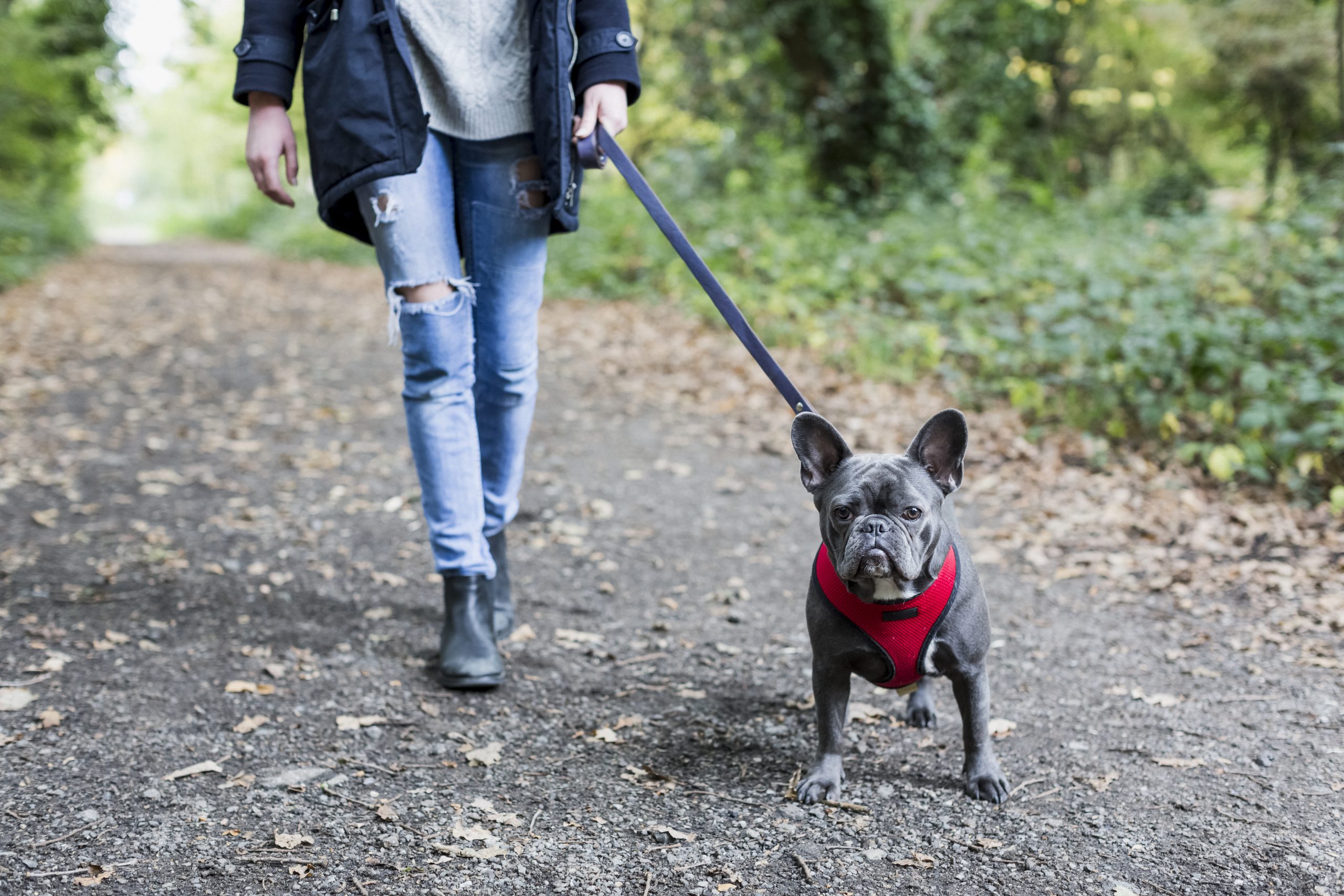
Reports of the wide-spreading coronavirus have generally been focused on the humans contracting the disease.
But worryingly, in recent days it was revealed that a cat in the UK had caught coronavirus from its owners in the first known case of an animal catching the virus in the country.
The UK’s Chief Veterinary Officer Christine Middlemiss said, “Tests conducted by the Animal and Plant Health Agency have confirmed that the virus responsible for COVID-19 has been detected in a pet cat in England.
“This is a very rare event with infected animals detected to date only showing mild clinical signs and recovering within in a few days."
Although all members of the house hold are safe and there is no evidence to suggest that the cat gave coronavirus to its owners, understandably, it's prompted a bit of worry amongst pet-owners.
So if you're wondering, 'can my dog or cat get coronavirus?', then here are all the answers you need.
Can pets get coronavirus?
Just like this cat, a dog in Hong Kong was diagnosed with the virus earlier in the year and was confirmed to be suffering with a low-level infection of the virus. And as such, the World Organisation for Animal Health explained that it was likely the dog had picked up the disease from a human.
Parenting advice, hot topics, best buys and family finance tips delivered straight to your inbox.
So while it now appears possible that pets can contract the virus from humans, it doesn't mean that they'll be sick or unwell from it.
In a statement at the time, the Hong Kong Society for the Prevention of Cruelty to Animals said, "Members of the public are advised to differentiate that 'being infected' does not equal being infectious and capable of spreading the Covid-19 virus,"

Essentially, it means that your beloved pets could possibly get the virus (although risk appears low at the moment), but wouldn't feel unwell if they do. The latest news is that the pooch with the virus in Hong Kong is 'doing well'.
On the other hand, the news has now left people wondering whether pets can potentially pass on the virus to humans. But the word at the moment is that there is absolutely no need to be concerned, with official organisations revealing that there is zero evidence that animals can spread COVID-19. The World Organisation for Animal Health said, “Therefore, there is no justification in taking measures against companion animals which may compromise their welfare.”
So how can we work to keep our pets safe and healthy during the outbreak?
Tips for keeping your pet dogs healthy during the coronavirus
James McElroy, co-founder of online dog sitting and walking platform Gudog, said, “There’s no need to be overly concerned about the risk of coronavirus for dogs. Despite the news of a dog testing weak-positive for the virus, there’s no evidence that your precious pooch can get sick from it and no canine fatalities have been registered."
But if you do want to take steps to keep them as healthy as posible, James has some insight.
He said, "Although we should be practising good hygiene with our pets year round, there’s no harm in taking extra care while the relationship between dogs and coronavirus is being investigated. With the concern that dogs can carry coronavirus on the surface of their fur, paying a little extra care to your pet’s grooming and hygiene may be advisable."
If you want to keep your pet healthy, the main rules are:
- Keep them active and on a healthy diet
- Be wary of what they come into contact with on walks
- Keep feeding and drinking bowls super clean
Firstly, it could be an idea to keep your dog away from any nasty things on walks.
James explained, “We know that dogs can easily pick up illnesses through coming into contact with faeces and using contaminated food bowls, so as a precaution, keep your dog away from poo on walks - and make sure your dog is only eating and drinking out of clean bowls.”

He continued, explaining that while it's good practise to keep your dog clean and healthy, there's no need to go overboard.
“Naturally dog owners will feel concerned for their four-legged friends but be careful not to overdo it with your dog’s grooming routine," James said. "For example, wiping your dog's paws after a walk is a good way to reduce the risk of germs being carried indoors, but too much wiping will make your pet’s paws dry.
"Remember that your dog’s health comes first and there is no need to take any steps which compromises your dog’s wellbeing."
MORE: You need to make sure your hand sanitizer has this in order to protect against coronavirus
It's also important for you to do your bit for your pup's health. "Wash your hands before and after petting your dog to reduce the risk of any germs coming into contact with them," James told GoodtoKnow.
Hong Kong has also advised residents against kissing their dogs, for the time being, in order to protect them, given that human-to-animal transmission seems possible. Their department of agriculture has said, “People who are sick should restrict contacting animals.
"If there are any changes in the health condition of the pets, advice from a veterinarian should be sought as soon as possible.”
Amy is Senior Digital Writer across Woman & Home, GoodTo and Woman, writing about everything from celebrity news to health, fashion and beauty features. When she isn't obsessing over the latest dress drop from Marks & Spencer, you'll most likely find Amy out running, or with a cup of tea in hand ready to dive into a gripping new Netflix series.